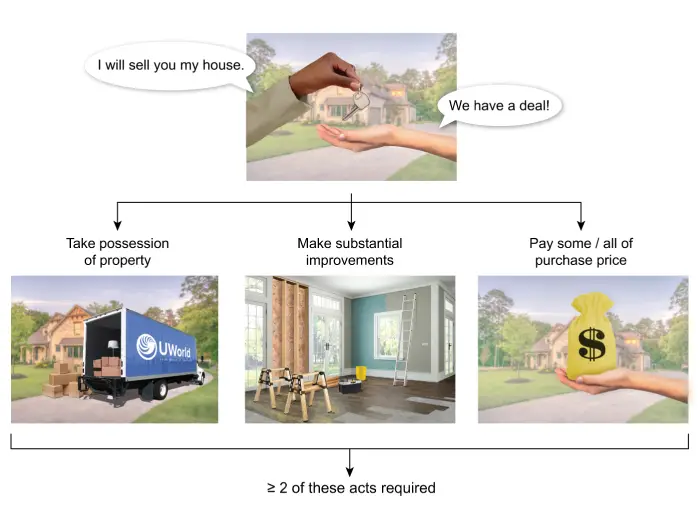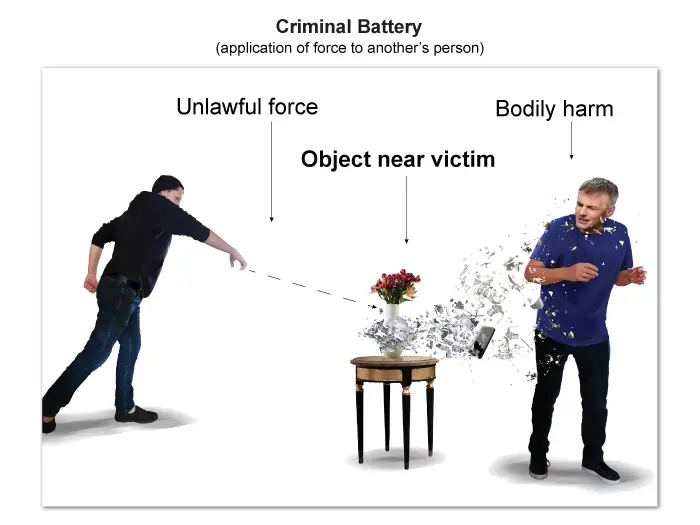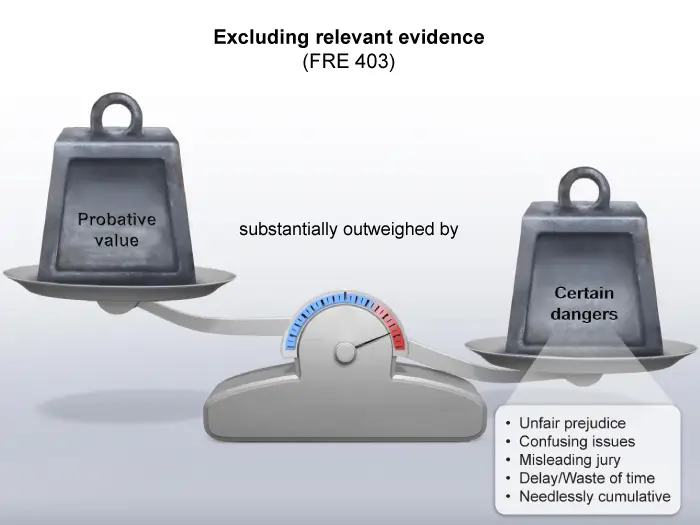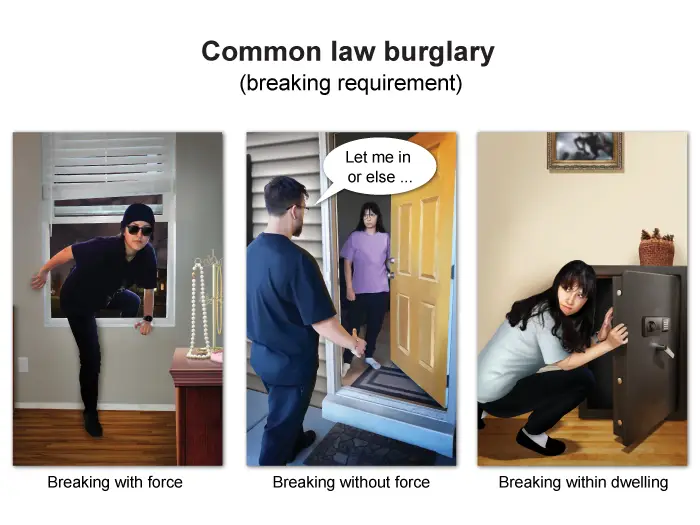The Multistate Bar Examination (MBE®) | The Ultimate Guide
The Multistate Bar Exam (MBE) is a standardized 200-question multiple-choice exam that evaluates a candidate's ability to apply fundamental legal principles and reasoning in their legal practice. As a component of the bar exam, prospective attorneys must pass the MBE in order to practice law in every US jurisdiction except Puerto Rico and Louisiana.
The MBE comprises 50% of a candidate’s total bar exam score in jurisdictions that administer the Uniform Bar Examination (UBE®), making it a critical stepping stone on the path to becoming a legal professional.
Who administers the MBE?
Historically, each state had a unique bar exam, making it difficult for lawyers to become licensed in multiple states. To remedy this, The National Conference of Bar Examiners (NCBE®) developed a standardized bar exam (the UBE) to be uniformly administered, graded and scored. The UBE was first administered in 2011 in Missouri and North Dakota and has since been adopted by 41 of 56 US jurisdictions.
The UBE consists of 3 components: the MBE, the Multistate Essay Examination (MEE®), and the Multistate Performance Test (MPT®). While not all non-UBE jurisdictions administer the MPT or MEE, 54 of 56 administer the MBE as part of their bar exam.
Why is MBE Important?
In the majority of US jurisdictions, the MBE comprises 50% of a candidate's total bar exam score, with variance among non-UBE jurisdictions. Aside from the MBE's importance to the aspiring legal professional, it also functions to:
- Standardize Legal Knowledge — Despite variations in law among jurisdictions, the MBE ensures that bar candidates have a fundamental understanding of the law's universal core concepts.
- Streamline Score Portability — Since the MBE is standardized, successful examinees can more easily become licensed in participating jurisdictions.
- Foster Fairness — Graders score the MEE and MPT. While they do their best, it's impossible to be 100% objective. Since the MBE is multiple-choice, answers are either right or wrong, introducing a level of objectivity.
While most non-UBE jurisdictions also weigh the MBE at 50%, some do not. MBE weights for non-UBE jurisdictions are as follows:
| Non-UBE Jurisdictions that administer the MBE | MBE % weight |
|---|---|
| Nevada | 33% |
| Delaware | 40% |
| Mississippi | |
| Virginia | |
| California | 50% |
| Delaware | |
| Florida | |
| Georgia | |
| Hawaii | |
| Wisconsin | |
| Guam | |
| Northern Mariana Islands |
*South Dakota and Paulu do not combine MBE scores to written component scores.

MBE Eligibility, Registration, and Fees
Each jurisdiction has unique registration processes, eligibility requirements, and fees. Check the appropriate jurisdiction’s supreme court or Board of Bar Examiner website for details. However, most jurisdictions require that candidates have graduated from a law school accredited by the American Bar Association (ABA) and undergo a character and fitness investigation.
How to Apply for the MBE ?
You must apply to take your jurisdiction's bar exam to sit for the MBE. Select your state from the NCBE’s interactive map for details. Most candidates will have to:
- Create an NCBE Account to receive an NCBE number
- Review jurisdiction-specific instructions
- Submit required documents and fees by the deadline
MBE Format, Subjects, and Sample Questions
Jurisdictions administer MBE questions developed by the NCBE. Test yourself with free MBE questions to get an idea of their content, format, and difficulty.
MBE Format
Examinees will answer 200 multiple-choice questions divided evenly over two 3-hour sessions on the second day of the UBE. There are 25 questions for each of the 7 MBE subjects, with an additional 25 unscored pilot questions for future exams. The pilot questions are indistinguishable from graded questions, so approach every question seriously.
MBE Subject Matter Outline
Below is an overview of MBE subjects. See the official NCBE subject matter outline for a more granular outline and read summaries of each MBE subject.
- Jurisdiction and venue
- Law applied by federal courts
- Pretrial procedures
- Jury trials
- Motions
- Verdicts and judgments
- Appealability and review
- The nature of judicial review
- The separation of powers
- The relation of nation and states in a federal system
- Individual rights
- Formation of contracts
- Defenses to enforceability
- Contract content and meaning
- Performance, breach, and discharge
- Remedies
- Third-party rights
- Homicide
- Other crimes
- Inchoate crimes; parties
- General principles
- Constitutional protection of accused persons
- Presentation of evidence
- Relevancy and reasons for excluding relevant evidence
- Privileges and other policy exclusions
- Writings, recordings, and photographs
- Hearsay and circumstances of its admissibility
- Ownership of real property
- Rights in real property
- Real estate contracts
- Mortgages/security devices
- Titles
- Intentional torts
- Negligence
- Strict liability and products liability
- Other torts




MBE Scoring and Difficulty
MBE questions are uniform for each administration, but minimum passing scores range from 120 to 143 depending on the jurisdiction. The MBE score you receive doesn’t reflect the number of questions you answered correctly. Rather, it has been scaled via a statistical method known as equating to ensure fairness among exam versions.
For example, if July’s exam is more difficult than February's, final scores are calibrated to “help” those who sat for the more difficult exam. MBE mean scaled scores have remained relatively stable over the past few years, hovering around 140.
MBE Study Tips and Resources
See our MBE study guide for a deeper dive into study tips and resources. Here’s a quick overview with links to pages that expand on each tip.
- Develop smart study skills and learn about test taking strategies.
- Make the most of the final week before the exam and be prepared on exam day.
- Don’t neglect stress management.
- Optimize your study schedule.
- Use spaced-repetition flashcards, especially for memorizing blackletter law.
- Practice with exam-like questions featuring in-depth explanations that help you understand why each answer is correct or incorrect.
- Simulate the MBE with practice exams that reflect the actual exam's time constraints, interface, difficulty, and content.
- Keep your digital notes organized and unique to your learning style; using visuals is a huge plus.
- Use an MBE mobile app that allows you to review flashcards and practice questions anywhere.